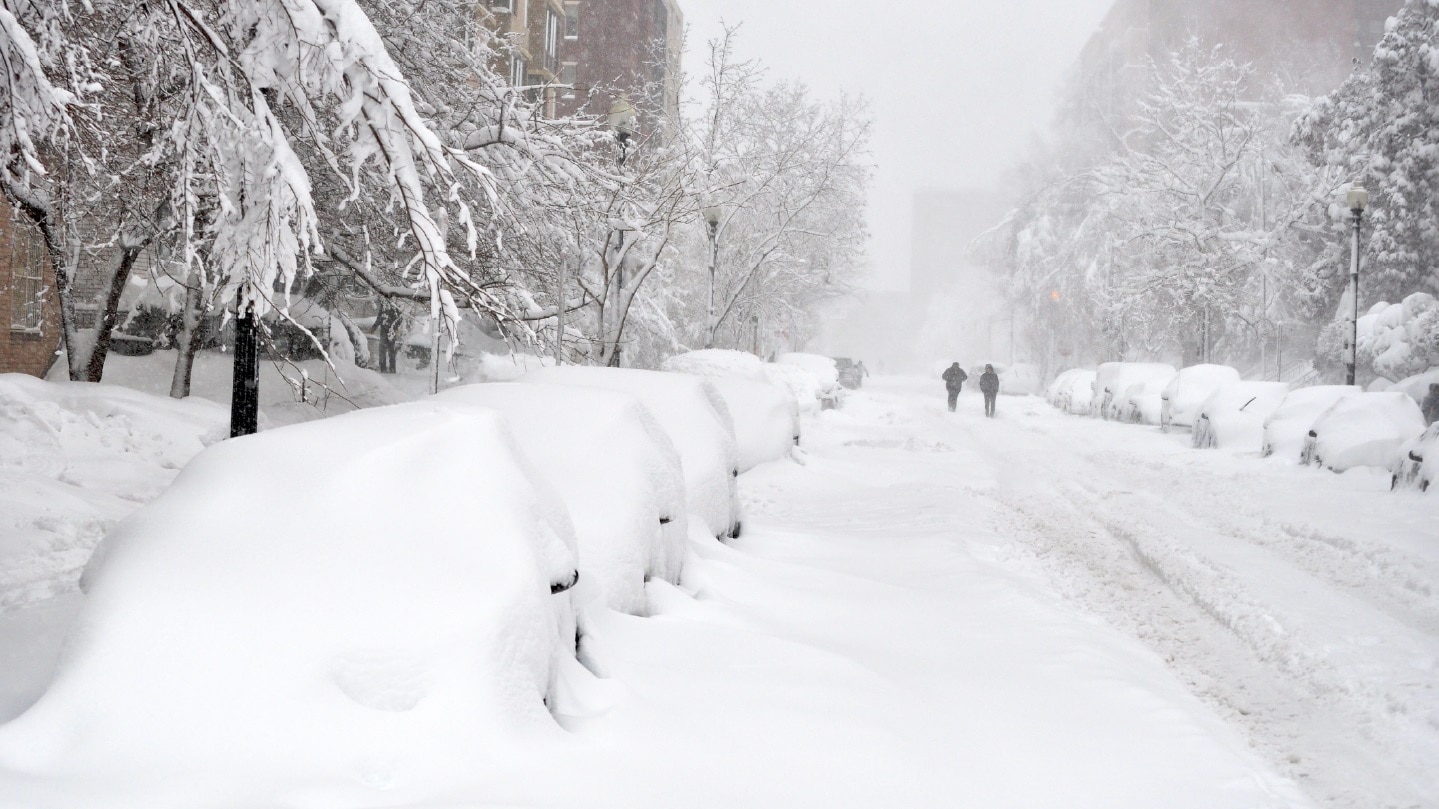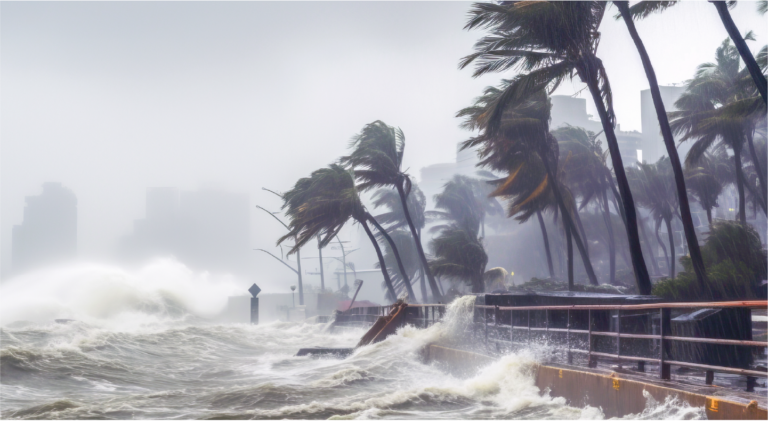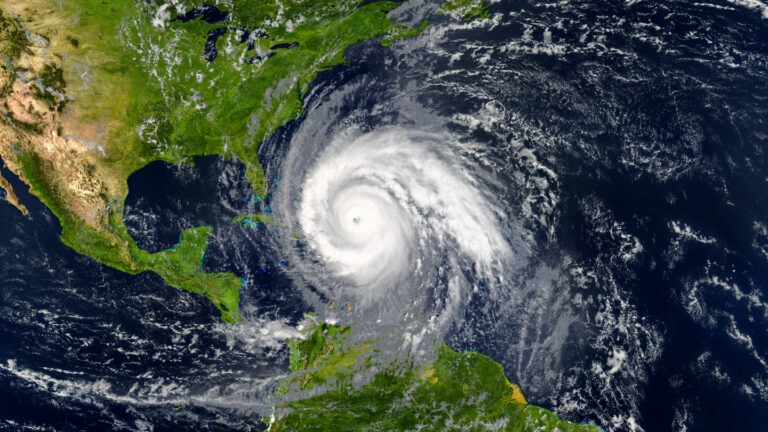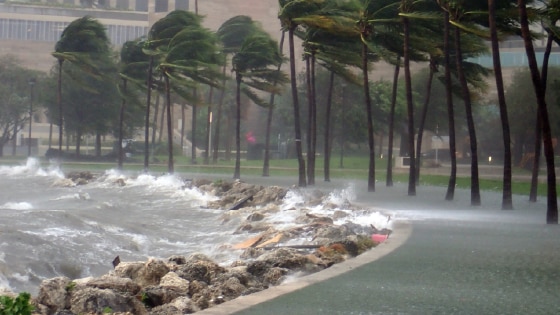
Across the United States, severe weather events are becoming more common. Hurricanes, wildfires, and other extreme weather events have a lasting impact on the communities they hit, and businesses aren’t exempt from that impact. In fact, in today’s interconnected economy, the impact of severe weather often sends financial ripples across the entire nation.
Extreme weather affects more than property and, as we enter a new era of climate-related weather events, business leaders need to understand the direct and indirect risks that might impact their business continuity. In this piece we’ll examine how, along with traditional property claims, casualty and liability can also come into play and how they can be interrelated.
Restoring operations after a storm: property claims
A common concern for business owners during an extreme weather event is property risk. Common property claims include equipment breakdown from wind or water damage, theft or vandalism, business interruption, and disruption of the supply chain. And to restore operations after a weather-related disruption, companies need a functional space in which to work; sometimes this requires a temporary relocation.
However, other risks can complicate your property claim. Material shortages from supply chain disruption and a shortage of skilled labor in the trades can delay repairs, particularly in situations where much of the region’s infrastructure was damaged. And companies may have to rely on less-skilled construction workers, which can lead to construction defect claims.
Takeaway: property claims are an obvious risk during an extreme weather event, but they may be more complex than anticipated. Companies should prepare by establishing a business continuity plan that incorporates possible supply and labor shortages, as well as the likelihood of further business interruption as the area rebuilds.
The importance of due diligence: casualty risk
Severe weather events often push systems to their limit. When those systems fail, businesses and municipalities may be liable for claims relating to property damage, business interruption, and even loss of life.
In February 2021, for example, top executives at Texas’ electric company resigned after criticism over the failure of the power grid during an ice storm. The resignations came after a class action lawsuit from citizens who lost power, access to drinkable water, and even loved ones because of the severe cold temperatures. When disruption of vital services occurs during a storm, municipalities and private companies can be held liable for their failure to prepare. This can lead to an increase in D&O claims, business and class action lawsuits, and even product liability claims if people injure themselves while using items like space heaters outside their intended use.
Takeaway: it’s vital for businesses and government leaders to have a plan in place for severe weather events and demonstrate due diligence in the face of ever-increasing risk. Leaders should collaborate with their insurance partners to ensure they are addressing all facets of the complex casualty landscape.
Cleaning up the community: environmental risk
In the aftermath of an extreme weather incident, there are often multiple environmental risks. The most common environmental risk experienced in the wake of weather events is mold contamination. Heavy rainfall, wind and flooding can seep into drywall, cabinets, and other porous materials, allowing mold to spread if not addressed quickly after the event. Here interrelated risks of material and labor shortages also have an impact: the longer a business has to wait for sufficient resources heightens the contamination risk. And if buildings reopen too quickly without taking adequate time to dry out and repair damages, mold problems may develop—and companies could then be held liable for health risks related to mold exposure.
Additionally, companies need to be aware of potential infrastructure risks during severe storms. For example, wind, rain, lightning, and fluctuating temperatures can cause damage to container assets, leading to a release of hazardous materials such as sewage or chemical pollutants. Heavy rainfall and flooding can also cause lasting property damage, delay construction projects, and impact business continuity.
Takeaway: before a storm, business leaders should have emergency preparation plans in place, and protect container assets, which hold hazardous materials. Other mitigation strategies should include the implementation of regular maintenance of container assets, and provision of secondary containment options. If a weather event does hit, companies shouldn’t rush to reopen. Instead, they should follow safety protocols and work with their insurance partners to mitigate risk during and after the severe weather event.
Climate change resiliency and the future
While companies don’t have the power to eradicate impacts of climate change singlehandedly, they can understand the data and take a big-picture look at how severe weather will affect their risk in years to come. By establishing thoughtful business continuity plans that consider the many risk areas related to severe weather, leaders can work toward a safer future for their communities—and the clients they serve.
Related insights
This website is general in nature, and is provided as a courtesy to you. Information is accurate to the best of Liberty Mutual’s knowledge, but companies and individuals should not rely on it to prevent and mitigate all risks as an explanation of coverage or benefits under an insurance policy. Consult your professional advisor regarding your particular facts and circumstance. By citing external authorities or linking to other websites, Liberty Mutual is not endorsing them.



